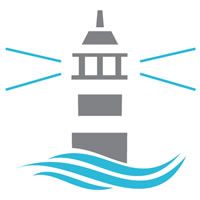Evolution of Regional Market
At the beginning of the 80’slocal shipping companies, that for years concentrated their efforts on ocean traffic, began to look at the Parana-Paraguay River corridor, today called Hidrovia Parana-Paraguay, as a possible trading motor for the region. It was then when river insurance coverage developed.
By the mid 80s, in view of the steady growth in the trade/size of the tugs &barges convoys and due to the application of increasing local and international regulations, the authorities and oil port terminals began to requestto ship-ownersadequate hull & machinery,plus third party liabilities insurances (P&I) which at that time were of standard utilization in the ocean-going traffic only. It was then when the insurance of vessels dedicated to river trade began to assume a dual purpose of protecting the assets of the ship-owners and at the same time meeting the local, international and private requirements for the safe operation of vessels and their cargoes.
